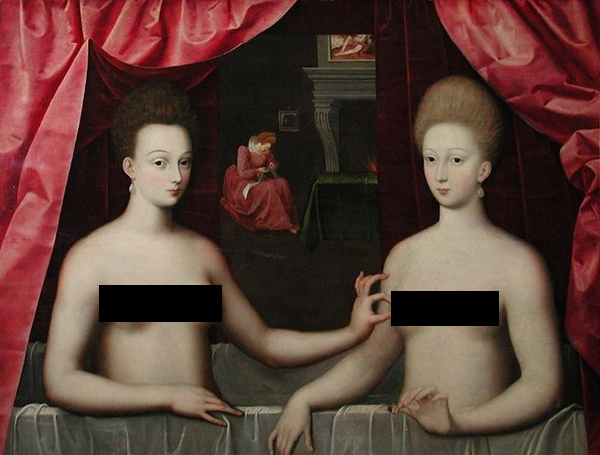Censorship – Finding Power In Blackout Poetry
Censorship – Finding Power In Blackout Poetry
Kate Arnold
This piece was originally published in Pulse – BSP’s 2017 nonfiction anthology.
Erasure, also known as ‘found poetry’ or ‘found art’, is an art form where a person erases words from an existing piece in order to create new meaning in an existing work or to create a new piece of writing all together. The act of crossing out and erasing allows the reader and writer of this new form to ask questions of the piece. Is this new work a piece of vandalism? Does it disparage or celebrate the original work? Some works aim to subvert the original meaning of a text and some aim to decrease the trace of authorship and authority that the writer has over the text.
These works of erasure were made out of the pages of the novel Grey by E.L. James. I couldn’t find any books from the original Fifty Shades trilogy in my local Salvos, so Grey had to do. I felt dirty spending any money on having this thing in my possession – actively choosing to bring it into my life. At the register I tried to hide it from the cashier beneath the skirt and pair of jeans that I was also buying but, of course, he saw it. I felt the need to tell him that I wasn’t actually going to read it, I was going to destroy it, for art, you see? It’s all very artistic and highbrow, that’s the point actually, taking something so lowbrow and turning it into something meaningful. I didn’t tell him any of this though, I just took my dirty book and my new/old clothes and left with the intention of trying to make something beautiful out of this thing that I found incredibly offensive and damaging.
I went home and opened the book up to a sex scene and started redacting. I made one page say ‘do / my / jeans / up’ and fondly titled it Fifty Shades of Beige.
The censorship of explicit content is a common practice, especially the censorship of sexual content and even more so that of female sexual content. Something that James’s novels are full of. My aim was not to redact the female pleasure in these pages but the male gaze and control of these acts. I wanted to get rid of Christian Grey, and every time he thought the words ‘good girl’ I wanted him gone even more.
I did all kinds of experiments in erasure on the pages of this text. I hated it so much I couldn’t stand the words being there, beside my bed, covered in Sharpie ink, yes, but not covered enough. I crossed out everything except that which was explicit. I redacted every word except all of the ‘fuck’s on the page (and there were a lot of ‘fuck’s). I crossed out every word except the words that described the female body until it read:
body. / nakedness / arms / head / arms / body / eyes / Legs, thighs, belly, ass, tits, shoulders, face, mouth / chin / lip / face / arms / skin finger-tips skin. / hands / back. / head / neck / mouth. / nose / ear / ear / shoulder / back / ear / pulse.
I got rid of every time Christian Grey tells us about fucking her, this woman, this object of his desire; I erased him completely until only she was left.
By deleting words from a piece of writing, it is easy to manipulate or distort the meaning of the original author if that is your intention. By simply crossing out a ‘not’ or reducing ‘doesn’t’ to ‘does’, erasure has the power to alter the spirit of a work through omission. In this way erasure is often spoken about as re-writing a text, but sometimes the aim is to remove all trace of the original work, the authorship and authority behind it to create something completely new.
I used this method of erasure on Grey. I took a sex scene and reduced it to ‘Fuck / holding / on / to / control / over / losing myself / brave / and /unfamiliar’. Another one became:
“ / trust me / ” / soft / voice / and / _he_ /holding / me— / an apology and / flowers / stay away / “ / Fuck / You / ” / eyes wide / in panic
This manipulation of words reminded me how much language is malleable. We change it all the time, we take something old and we make it new. Words go in and out of vogue, they were once used to offend and then were adopted and reclaimed and their meaning became stronger, the narrative has shifted. In erasing words from this novel I’m shifting the narrative from being about an unhealthy relationship that is presented as something that the reader should want, to celebrating female sexuality and the female body. The body that women are forever being told to cover up, that they are sluts for wanting it (that they are sluts for not wanting it), that theiy’re bodies are indecent. She is forever being erased. Creating erasure poetry is a cathartic exercise, especially when making it out of something you hate. It allows us to correct, to rewrite, to create big, satisfying negative spaces. It allows us to highlight what we think is important and bring those, who are constantly being lessened – erased – by the media, to the forefront.




